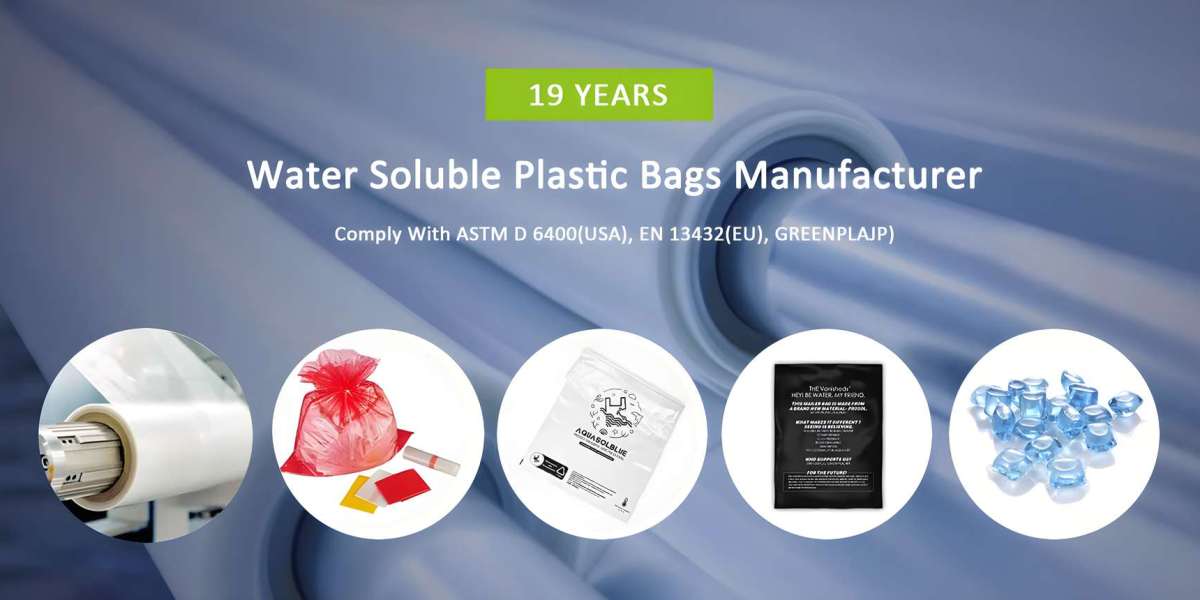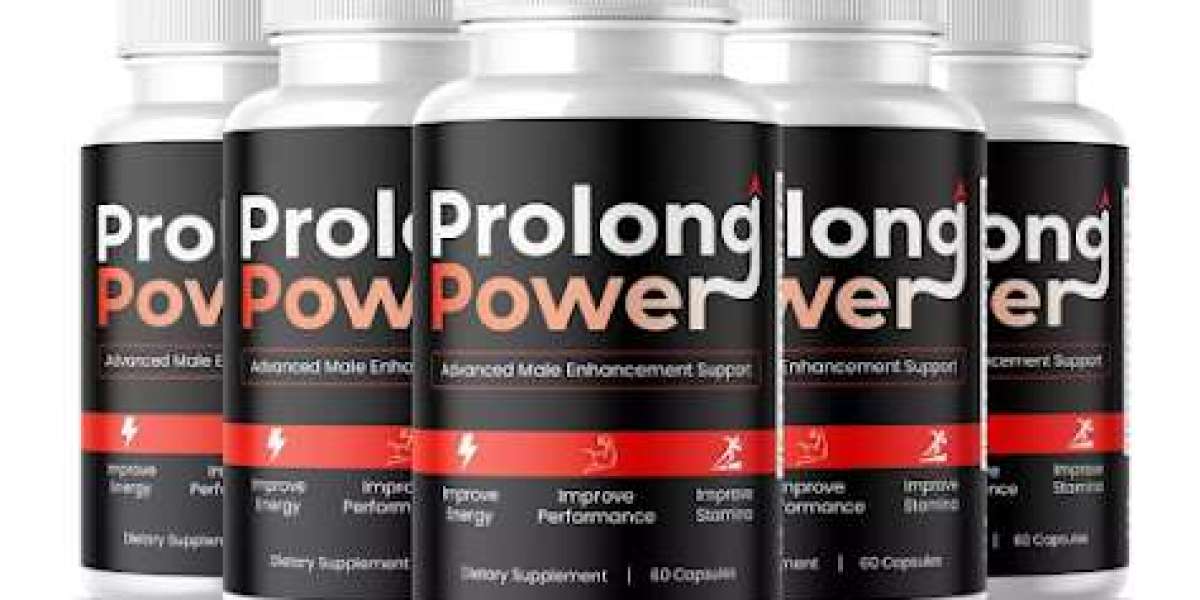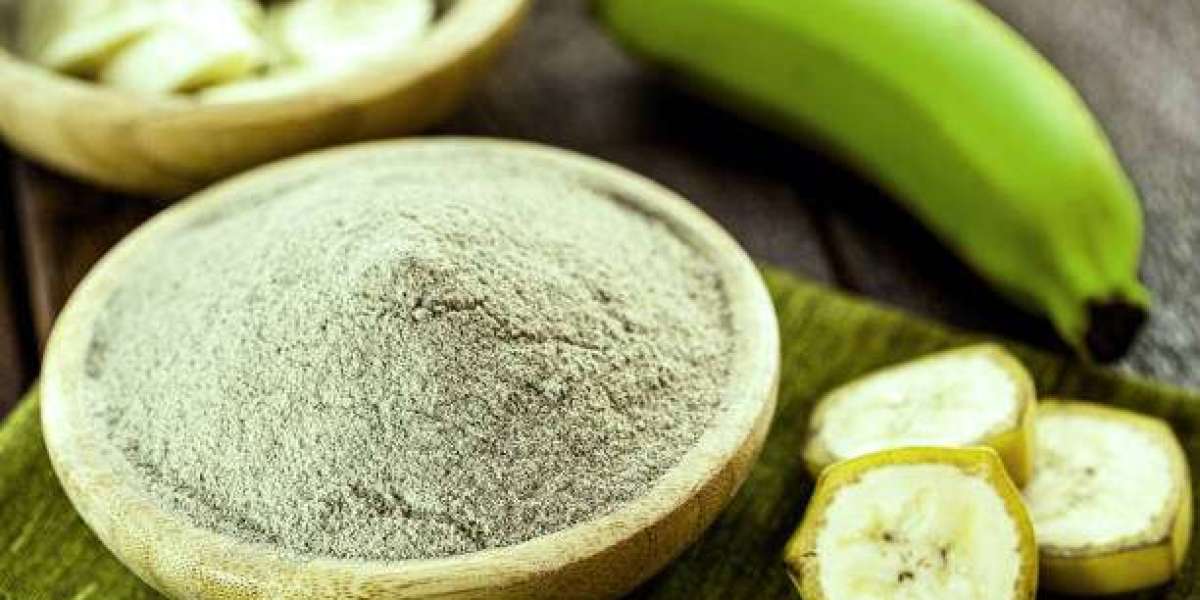Unlike traditional plastic films that contribute to long-lasting pollution, PVA film dissolves in water and leaves behind no harmful residues, positioning it as a key player in a greener future. Companies seeking innovative, eco-friendly packaging and functional materials are increasingly turning to trusted PVA film suppliers for their packaging needs.
What Makes PVA Film So Special?
PVA film is a biodegradable and water-soluble material that is gaining attention for its versatility. It can be used across a wide variety of industries and applications, from consumer goods packaging to industrial uses. The key to its popularity lies in its unique environmental profile:
- Water-Soluble: When exposed to water, PVA film dissolves completely, leaving no waste behind. This is especially important in industries looking to reduce plastic waste and decrease their environmental footprint.
- Biodegradable: Once dissolved, the remnants of PVA film break down naturally over time, making it an ideal solution for businesses committed to sustainability.
- Non-Toxic: PVA film is non-toxic and safe for use in industries like food packaging, medical products, and agriculture, ensuring that it doesn’t pose any harm to the environment or human health.
Key Uses of PVA Film
Sustainable Packaging Solutions
The packaging industry is one of the largest contributors to plastic pollution. PVA film offers a breakthrough by providing a biodegradable alternative to traditional plastic packaging. Whether it's used for food, detergent pods, or other single-use items, PVA film can provide the protection necessary for products while still being environmentally responsible.Laundry and Dishwashing Pods
One of the most well-known uses of PVA film is in the production of laundry and dishwasher pods. These pods are pre-measured, convenient, and often packaged in PVA film, which dissolves when it contacts water. This eliminates the need for plastic wrappers or containers, contributing to a significant reduction in plastic waste.Agriculture and Horticulture
PVA film plays an essential role in modern agriculture, particularly in seed coatings and fertilizer packaging. Since the film dissolves in water, it ensures that no plastic waste remains in the environment after use. This makes PVA film a great fit for companies looking to make their agricultural processes more eco-friendly.Medical and Pharmaceutical Applications
The medical and pharmaceutical industries have adopted PVA film in products such as dissolvable capsules, surgical wraps, and hygiene products. Its non-toxic nature makes it a preferred choice in the development of medical supplies, while its biodegradability ensures that medical waste is less harmful to the environment.Textiles and Embroidery
PVA film is also used in the textile industry, especially for temporary stabilizing purposes in embroidery. The film is applied to fabric to hold the design in place during stitching, and once the process is complete, it dissolves, leaving no trace behind.
The Future of PVA Film
As environmental regulations become stricter and consumer demand for sustainable products continues to rise, PVA film is well-positioned to meet these challenges. Its applications are diverse, and its eco-friendly benefits are making it the material of choice for many industries. Businesses are encouraged to partner with PVA film suppliers to integrate this sustainable solution into their operations and gain a competitive edge in the market.
Conclusion
PVA film represents a practical and sustainable alternative to traditional plastic films. Whether it's for packaging, medical uses, or agricultural applications, its environmental benefits are clear. By transitioning to PVA film, industries can reduce their reliance on harmful plastics while embracing a more sustainable future.



